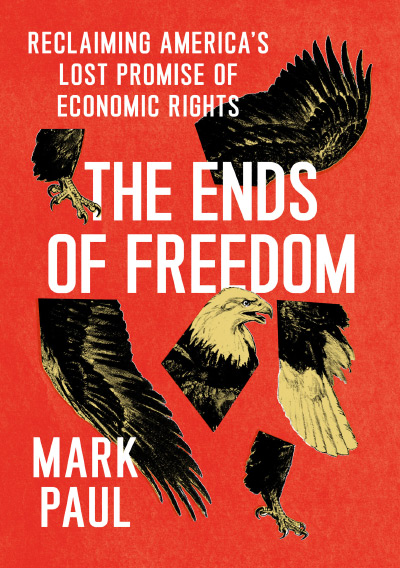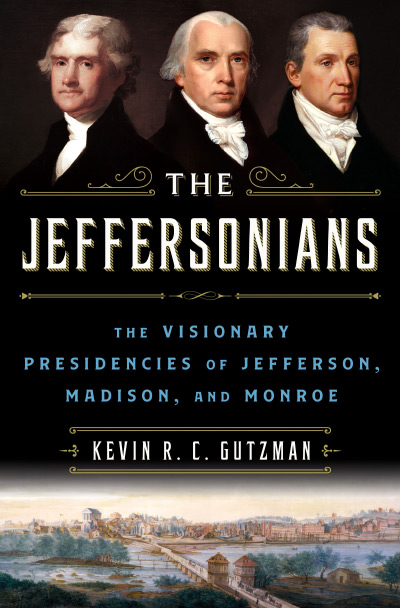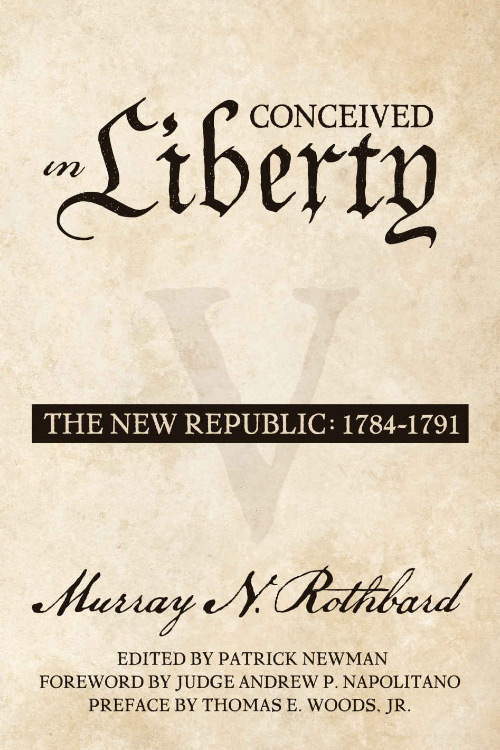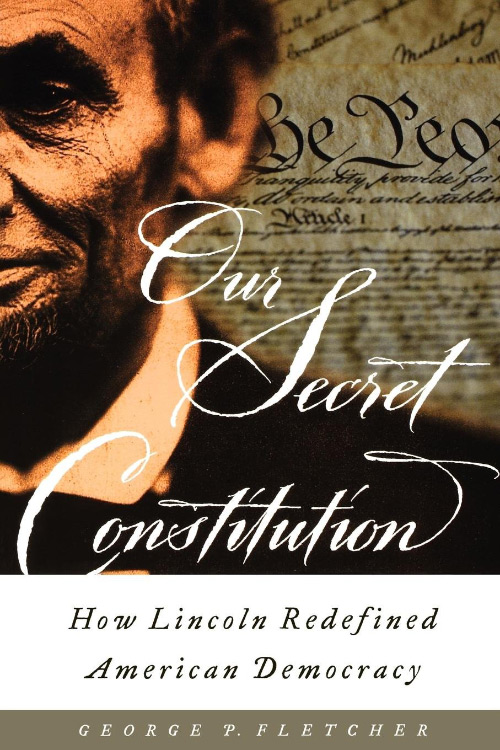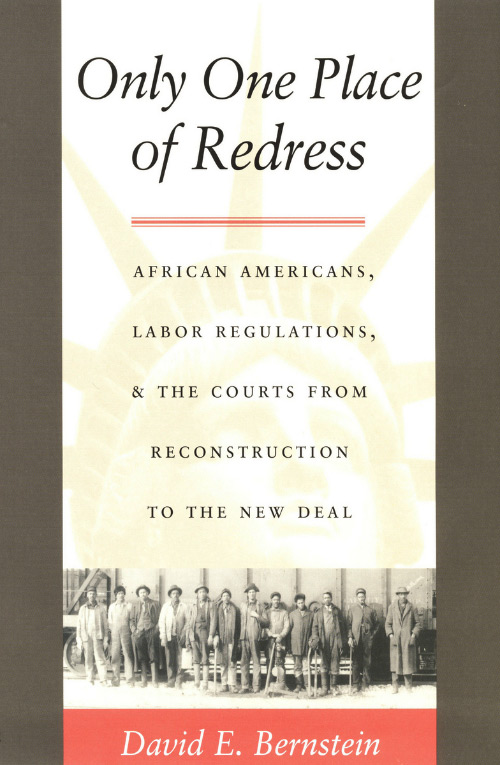Proof that John Steinbeck’s Travels with Charley is a classic comes from the fact that I found it on a table labeled “Classics” at the annual book sale held at the Winston-Salem fairgrounds. Classics can be purchased cheaply these days, so I risked one dollar on a beat-up Bantam paperback copy, despite the fact that I genuinely disliked Steinbeck’s most well-known book, The Grapes of Wrath. In a nutshell, the Steinbeck of The Grapes of Wrath argues that capitalism is a bad system, rotten to the core because businessmen are mean. Really mean—and they are shallow and greedy. In fact, they have to lie and cheat. As Steinbeck puts it, businessmen are “little worried men, [who] reassure themselves that business is noble and not the curious ritualized thievery they know it is; [who reassure themselves] that business men are intelligent in spite of the records of their stupidity; that they are kind and charitable in spite of the principles of sound business” (1939, New York: Viking, p. 211). I agree that some businessmen are mean and unethical but, fortunately, I have met very few of them. Displaced Okies running into a lot of trouble as they travel to California and look for work makes for a compelling story, but the problem I have with The Grapes of Wrath is that Steinbeck doesn’t portray a single sympathetic businessman in the book. Every man seems to hate his boss and even retail business owners are mean, stingy, and ungenerous—despite the fact in the real world this is a fast way to lose all your customers.
Despite this, I decided to give Steinbeck a second chance. The first thing that happened was that the book’s cover came off. What do you expect for one dollar? I taped it back on. The second was that I learned that this was a different Steinbeck. The Steinbeck who had written The Grapes of Wrath four years after joining the Communist Party USA’s League of American Writers had by 1962 become positively Hayekian. In some sense the very premise of Travels with Charley is straight out of Hayek. The author laments that he is out of touch with America: “I had not felt the country for twenty-five years,” and “knew the changes only from books and newspapers.” “In short, I was writing about something I did not know about. . . . So it was that I determined to look again, to try to rediscover this monster land. Otherwise, in writing, I could not tell the small diagnostic truths which are the foundations of the larger truth” (p. 5). Steinbeck lacks local knowledge, so he goes out to discover a sliver of it in an epic road trip, which takes him—along with his poodle Charley, and his specially-made camper, Rocinante—from New York through New England, the Midwest, across North Dakota and Montana to the West Coast, down to Texas, across the South and back home. Over ten thousand miles in seventy-five days.
The villains of the book aren’t greedy businessmen, they are the hatred-spewing women who protest the integration of public schools in New Orleans, the waitress in Maine with a “vacant eye” who drained the room of “energy and joy” and “spread a grayness in the air” (p. 46), and the people who have strewn litter and junk across landscape. Ordinary people. (In fact, Steinbeck admits that he, too, is a litterer.) There is one villainous businessman, but the villainy of “Lonesome Harry,” who leaves incriminating evidence in a hotel room wastebasket, is cheating on his wife, not cheating his customers.
This Steinbeck is an eager consumer who stocks his camper with a myriad of useful products churned out by businesses and complains about the lack of stores, restaurants, and places to sleep in unpopulated places. Instead of encountering mean businessmen, this Steinbeck stops at a motor court with a vacancy sign, but no one is around to rent a cottage. He could easily have grabbed a key and left a note and some money but decides to sleep in his camper. “The empty place disturbed me deeply” (p. 76)—the lack of a businessman to transact with, the lack of people to trade with. We economists call this failure to engage in beneficial cooperation a deadweight loss, which is rather dry. Steinbeck’s example is quotidian, but at the same time poignant, something we can all relate to.
This Steinbeck meets a group of migrant potato harvesters and concludes that these “hardy and self-sufficient people, quite capable of taking care of themselves,” were “neither mistreated nor driven” (p. 68). This Steinbeck doesn’t like motels and hot-dog stands in a scenic area because they are “cheap and mediocre and tawdry” but realizes they are this way because they are “so loved by summer tourists” (p. 127), not because the people operating them are beasts. This Steinbeck meets a businessman who doesn’t talk politics because he realizes his customers come from both parties, so he doesn’t want to alienate them. He “could not permit himself the luxury of an opinion” (p. 142).
This Steinbeck waxes poetic about the local, inexpressible, unconveyable knowledge that is dispersed among so many people. He likes the truckers he meets “very much, as I always like specialists.... Consider ... the small, unnoticed turning of the steering wheel ... the varying pressure of foot on accelerator.... Then there are the muscles of shoulders and neck, constantly if unconsciously flexed for emergency, the eyes darting from road to rear-view mirror, the thousand decisions so deep that the conscious mind is not aware of them” (pp. 92–93). This is intensely local knowledge. But the epitome of Hayekian local knowledge comes when one of Steinbeck’s tires blows out—because he has overloaded his camper—and he creeps into a gas station in rainy Oregon on a Sunday afternoon. The owner “was a giant with a scarred face and an evil white eye. If he were a horse, I wouldn’t buy him” (p. 185) begins Steinbeck, who is expecting the worst. Are we back in a Grapes of Wrath world? “You’ve got trouble,” says the man, explaining that he doesn’t have the kind of tires Steinbeck needs. “Isn’t there any place in town that might have them?” asks Steinbeck. The knowledgeable owner replies that “There’s two. Both closed. I don’t think they got that size,” mentioning that he’ll probably have to send to Portland for them and maybe get them two days later. Then he does the unexpected. Between filling up people’s gas tanks and checking their oil, he calls everyone he knows who might help—and he knows exactly who to call and how to motivate them. One man who might have helped was tied up in a wedding, but he reaches his brother-in-law, convinces him to drive to the two locations that have what is needed, and the tires arrive at the gas station. “And if ever my faith in the essential saintliness of humans becomes tattered, I shall think of that evil-looking man. . . . In a little less than four hours I was equipped, riding on big heavy-duty tires of a kind that should have been there in the first place. I could have knelt in the mud and kissed the man’s hands, but I didn’t.... I was so full of humble gratefulness; I could hardly speak” (p. 186). Could Hayek have imaged a purer paean to the men and women—who are all around us—on whose local knowledge we rely? Those who feed us, clothe us, and more—every single day?
This is not to say that the Steinbeck of Travels with Charley is a pro-market, pro-capitalism convert. This Steinbeck is much more complicated. He’s still very radical in places. He admits on one occasion that “I don’t mind people . . . But these are rich people. They plant geraniums in big pots” and have swimming pools (p. 201). He’s also a “natural” anarchist, who “admire[s] all the nations and hate[s] all governments” (p. 84). In addition, he’s somewhat of a Paul Ehrlich anti-growth, anti-population zealot and envisions taking the right to bear children away from individuals: “Even those people who joy in numbers and are impressed with bigness are beginning to worry, gradually becoming aware that there must be a saturation point and the progress may be a progression toward strangulation. And no solution has been found. You can’t forbid people to be born—at least not yet” (pp. 194–95, emphasis added). I’m especially grateful that no such law restricting population growth was in place as Steinbeck mused about forbidding people to be born, as I was in utero during his road trip.
In other places, he’s somewhat of a conservative. He’s a hunter and hates coyotes, which are vermin: “I have nothing against the killing animals. Something has to kill them, I suppose” (p. 56). He claims that he goes to church regularly during the road trip and praises a Presbyterian minister who “spoke of hell as an expert, not the mush-mush hell of these soft days,” who derides the idea that “our sins aren’t really sins at all but accidents that are set in motion by forces beyond our control. There was no such nonsense in this church” (p. 78). On a dark lonely night, he thinks “how terrible the nights must have been in a time when men knew the things there were there and were deadly. But no, that’s wrong. If I knew they were there, I would have weapons against them, charms, prayers, some kind of alliance with forces equally strong but on my side” (p. 60–61). He laments that “We value virtue but do not discuss it. The honest bookkeeper, the faithful wife, the earnest scholar get little of our attention compared to the embezzler, the tramp, the cheat” (p. 183).
This Steinbeck also argues that “everything in the world must have design or the human mind rejects it. But in additional it must have purpose or the human conscience shies away from it” (p. 63). This Steinbeck could have used a dose of Hayek, who explained that human interactions—such as language and the market itself—can yield order without design. Steinbeck could have learned from Adam Smith and Joseph Schumpeter, as well. He passes through and near the “great hives of production”—cities like Youngstown, Cleveland, Akron, South Bend, and Gary—and feels “battered by the fantastic hugeness and energy of production, a complication that resembles chaos and cannot be” (p. 108). Cannot be, indeed. An invisible hand is directing profit-motivated owners and workers seeking to maximize their own well-being to bring order—and prosperity—out of this chaos. Later, seeing bulldozers tearing down a forest to allow Seattle to expand, he wonders “why progress looks so much like destruction,” but rebukes himself as sounding like someone who cultivates “an opposition to change, which is the currency of the rich and stupid’ (p. 181).
The Steinbeck of Travels with Charley is a much more complicated, interesting author than the one who wrote The Grapes of Wrath. However, the most surprising thing about this transformation isn’t that it arose when Steinbeck moved from writing fiction to writing a non-fiction travelogue after seeing the world in action. It turns out that Travels with Charley is also a work of fiction, as journalist Bill Steigerwald demonstrates in Dogging Steinbeck: How I Went Looking for John Steinbeck’s America, Found My Own America, and Exposed the Truth about ‘Travels with Charley’ (2012, Pittsburgh: Fourth River Press). Steigerwald draws on the first draft of Travels (from the Morgan Library and Museum), letters Steinbeck wrote to his wife, Elaine, and his own retracing of Steinbeck’s path on its fiftieth anniversary and convincingly demonstrates that most of the most iconic scenes in the book are fabrications, mere inventions of the author. (Interestingly, the hero of Steigerwald’s book is Walmart, for encouraging RV-ers, truckers, and people like him to camp out for free overnight in their many parking lots.)
In a passage that was cut from the first draft of Travels, Steinbeck explains that he couldn’t recount every moment of his steps: “A book has to be one thing, just as a poem does—or a chair or a table” (Steigerwald, p. 88). However, unlike The Grapes of Wrath, Travels with Charley simply isn’t one thing and, to me at least, that’s what makes it better than Grapes. It’s subject, life in modern America, is too complicated to be captured as “just one thing.” And although the Steinbeck of 1962 was a hardcore New Deal liberal, hobnobbing with John Kenneth Galbraith and Adlai Stevenson, he (or perhaps it was his editors, who substantially changed the book) was wise enough to write a book that would capture enough of America that it could speak to a wide range of readers. Steigerwald concludes that Steinbeck “discovered no new facts or insights about the USA or its citizens, mainly because he did no real journalism and spent relatively little time with ordinary people” (p. 240). This may be true, but he had discovered enough during the years since writing The Grapes of Wrath that he could now write a work of fiction that brought out important truths. But he would have written a better book, I think, if he had read Friedrich Hayek.
| Other Independent Review articles by Robert M. Whaples | ||
| Spring 2025 | Millennials, Gen Zs, Capitalism, Socialism, and Confusion | |
| Spring 2025 | Not Stolen: The Truth about European Colonialism in the New World | |
| Spring 2025 | Green Breakdown: The Coming Renewable Energy Failure | |
| [View All (106)] | ||




